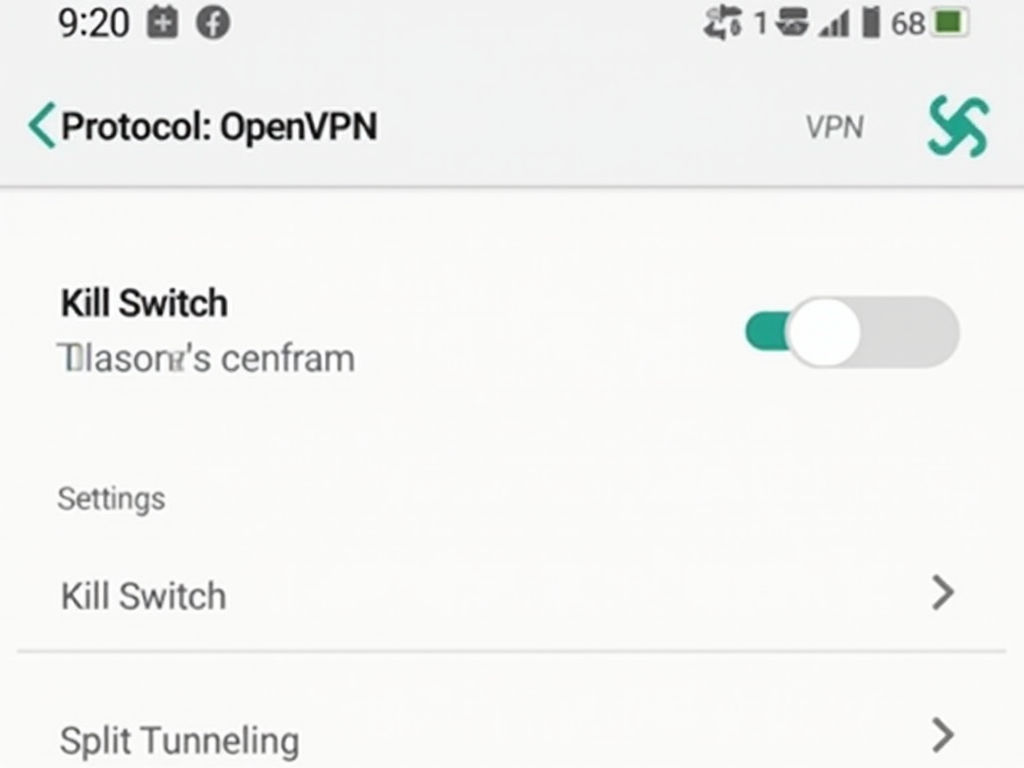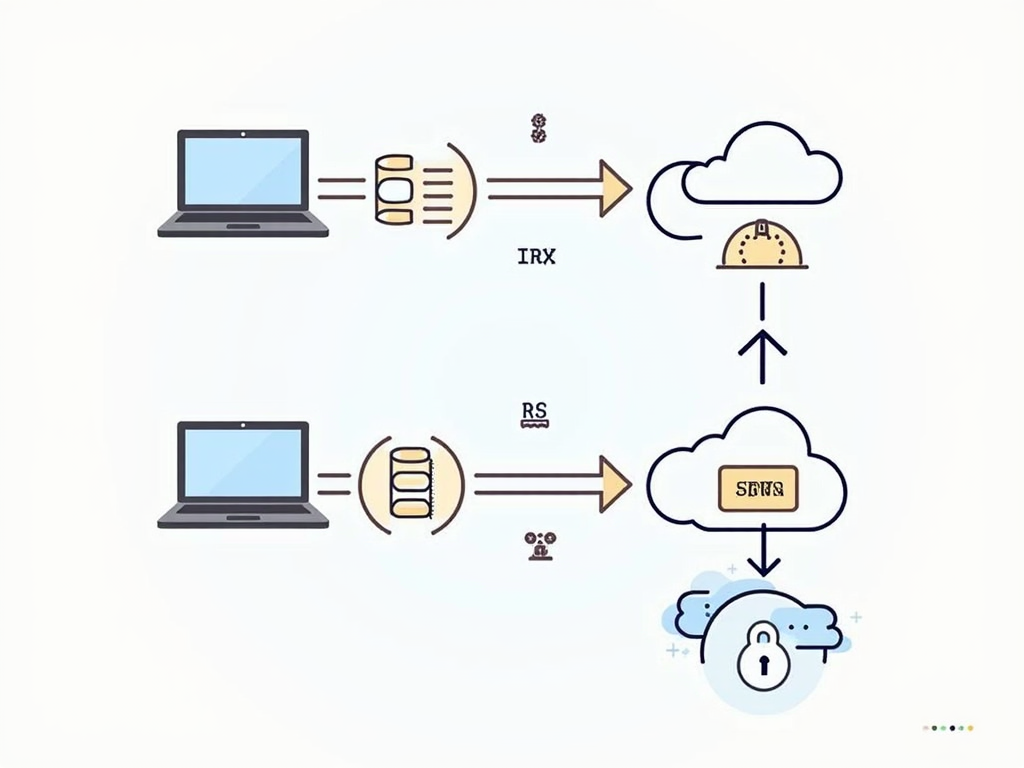VPN Encryption and Security: What You Need to Know
In today’s digital world, protecting your online privacy is more important than ever. Cyber threats like hackers and data breaches are everywhere. A Virtual Private Network (VPN) can help by encrypting your internet connection and keeping your activities private. This guide explains VPN encryption, security features, and more.
Understanding VPN Encryption and Security Features
VPN encryption is like a secret code for your internet traffic. It scrambles your data so no one can read it, even if they intercept it. When you use a VPN, your device connects to a VPN server through a secure tunnel. This keeps your information safe from prying eyes.

Why does this matter? Imagine you’re at a café using public Wi-Fi to check your bank account. Without a VPN, someone could steal your data. But with encryption, it’s locked away, unreadable to anyone without the key. That’s the power of VPN encryption.
Common VPN Encryption Protocols
VPNs use different methods, called protocols, to encrypt your data. Here are the most popular ones:
| Protocol | Security | Speed | Compatibility |
|---|---|---|---|
| OpenVPN | Very High | Medium | Most Devices |
| IKEv2 | High | Fast | Mobile-Friendly |
| WireGuard | High | Very Fast | Growing Support |
OpenVPN is super secure and widely trusted. IKEv2 is great for phones because it’s fast. WireGuard is newer, simple, and speedy.
Security Features of VPNs
Beyond encryption, VPNs offer tools to boost your privacy. A kill switch is one of my favorites. It cuts your internet if the VPN stops working, so your data stays hidden. I once had my VPN drop during a big download—thankfully, the kill switch kicked in and saved me.

Split tunneling is another cool feature. It lets you pick which apps use the VPN and which don’t. For example, I use it to stream local shows without the VPN while keeping my browsing private. Multi-hop connections take it further by routing your data through two servers, adding extra protection—though it might slow things down.
How to Set Up a VPN for Maximum Privacy
Setting up a VPN is easy, but doing it right matters. First, pick a trustworthy provider—one that doesn’t log your activity. Look for a clear privacy policy and a location outside prying jurisdictions. I learned this the hard way when a cheap VPN slowed my connection to a crawl.
Here’s how to do it: 1. Sign up and download the VPN app. 2. Log in and pick a server far from your real location. 3. Choose a secure protocol like OpenVPN. 4. Turn on the kill switch and split tunneling if needed. 5. Hit connect and browse safely. This setup keeps your privacy tight.
The Importance of Online Privacy
Why bother with all this? Because online privacy is under attack. Hackers steal data, companies track your every click, and some governments watch everything. A VPN hides your IP address and encrypts your traffic, shielding you from these threats. It’s about controlling who sees your life online.

Privacy isn’t just about safety—it’s about freedom. Without it, you might face censorship or unwanted ads tailored to your every move. I’ve used VPNs while traveling to access blocked sites, and it’s a game-changer for staying connected on my terms.
Firefox Focus vs DuckDuckGo: Which Mobile Browser Is More Private?
Your browser matters too. Firefox Focus and DuckDuckGo both prioritize privacy, but they’re different. Firefox Focus blocks trackers automatically and wipes your history when you close it. DuckDuckGo offers a private search engine and blocks trackers in its browser app.
Here’s a quick comparison: - Tracker Blocking: Firefox Focus has stronger defaults; DuckDuckGo is solid too. - Search: DuckDuckGo’s private search is built-in; Firefox Focus lets you pick. - Ease of Use: Firefox Focus is simple; DuckDuckGo adds tabs and bookmarks. I lean toward Firefox Focus for its clean design, but DuckDuckGo’s search wins if you hate trackers in results.
Other Online Privacy Tools
A VPN isn’t the only way to stay safe. Password managers like LastPass keep your logins secure. Encrypted messaging apps like Signal protect your chats. Privacy-focused email services like ProtonMail lock down your inbox. I started using Signal after a friend’s texts got hacked—it’s now my go-to.
Wrapping Up
VPN encryption is your first line of defense online, scrambling your data so no one can snoop. Features like kill switches and split tunneling make it even better. Set it up right, and pair it with tools like Firefox Focus or DuckDuckGo. Your privacy is worth it—take action today.